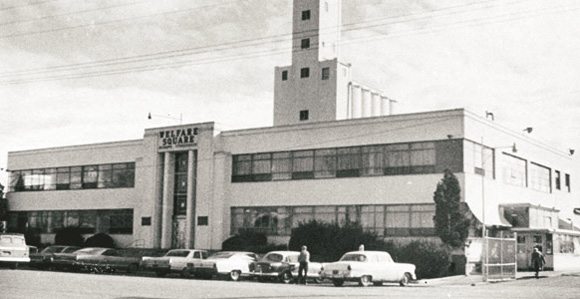 Members are encouraged to store a basic supply of food, water and finances. This council is outlined in a pamphlet produced by the church titled “All is Safely Gathered In.” From the pamphlet:
Members are encouraged to store a basic supply of food, water and finances. This council is outlined in a pamphlet produced by the church titled “All is Safely Gathered In.” From the pamphlet:
“We encourage Church members worldwide to prepare for adversity in life by having a basic supply of food and water and some money in savings.
“We ask that you be wise as you store food and water and build your savings. Do not go to extremes; it is not prudent, for example, to go into debt to establish your food storage all at once. With careful planning, you can, over time, establish a home storage supply and a financial reserve.
“We realize that some of you may not have financial resources or space for such storage. Some of you may be prohibited by law from storing large amounts of food. We encourage you to store as much as circumstances allow.
“Build a small supply of food that is part of your normal, daily diet… Store drinking water for circumstances in which the water supply may be polluted or disrupted… Establish a financial reserve by saving a little money each week and gradually increasing it to a reasonable amount… For longer-term needs, and where permitted, gradually build a supply of food that will last a long time and that you can use to stay alive.” (All is Safely Gathered In, pamphlet, 2007)
 “Work is the foundation upon which self-reliance and temporal well-being rest. Members [of The Church of Jesus Christ of Latter-day Saints] should prepare for and carefully select a suitable occupation or self-employment that will provide for their own and their families’ needs. They should become skilled at their work, be diligent and trustworthy, and give honest work for the pay and benefits they receive.”
“Work is the foundation upon which self-reliance and temporal well-being rest. Members [of The Church of Jesus Christ of Latter-day Saints] should prepare for and carefully select a suitable occupation or self-employment that will provide for their own and their families’ needs. They should become skilled at their work, be diligent and trustworthy, and give honest work for the pay and benefits they receive.”

